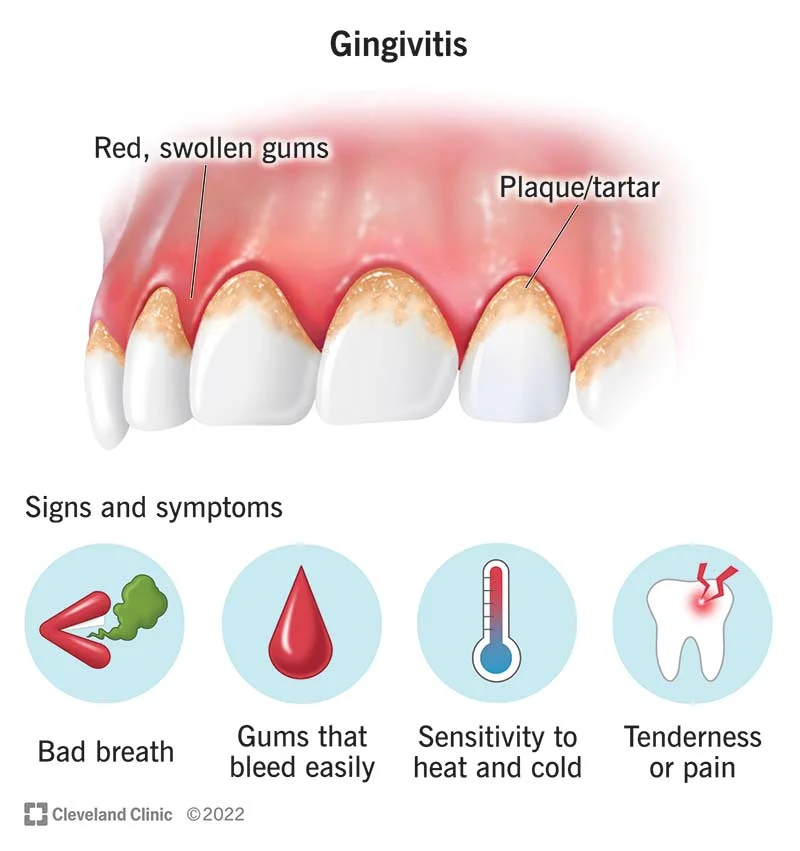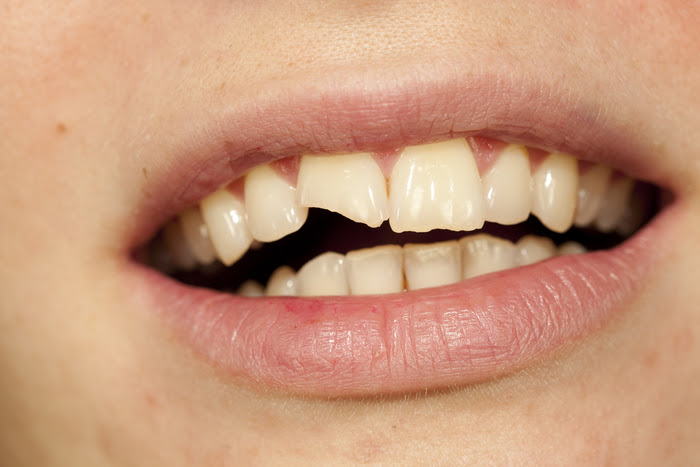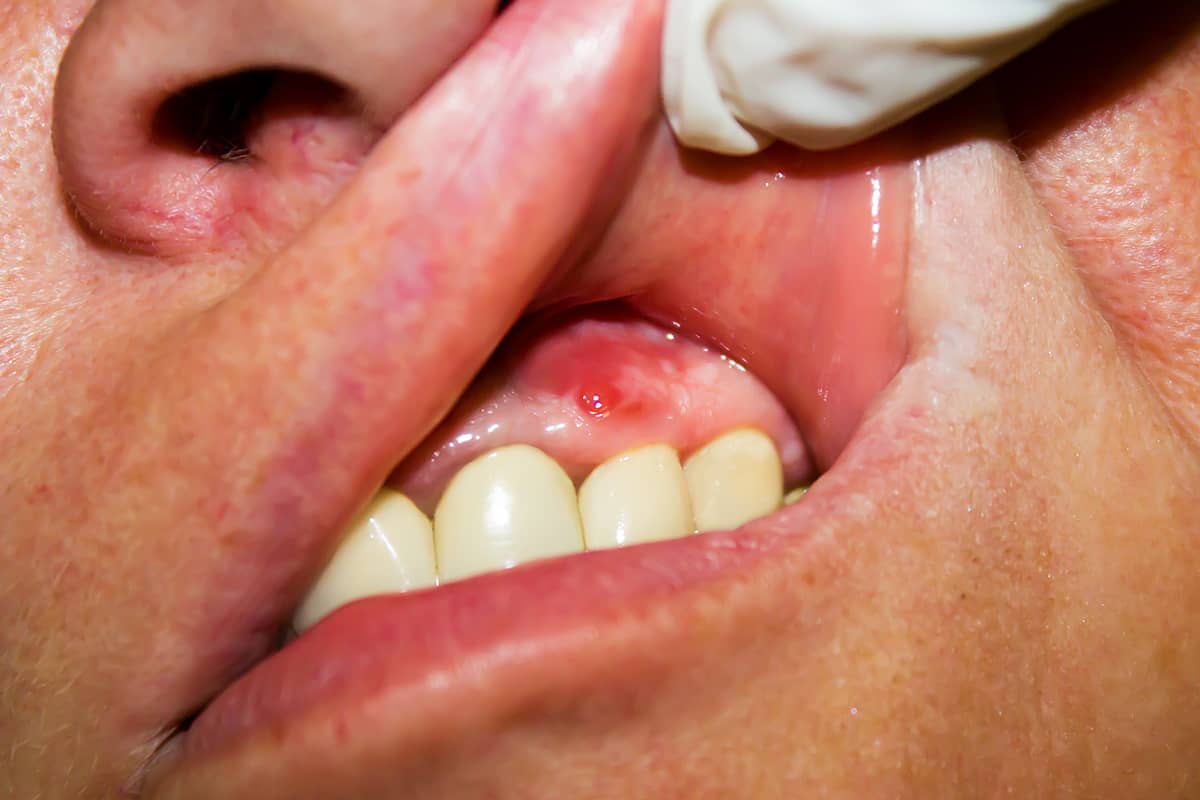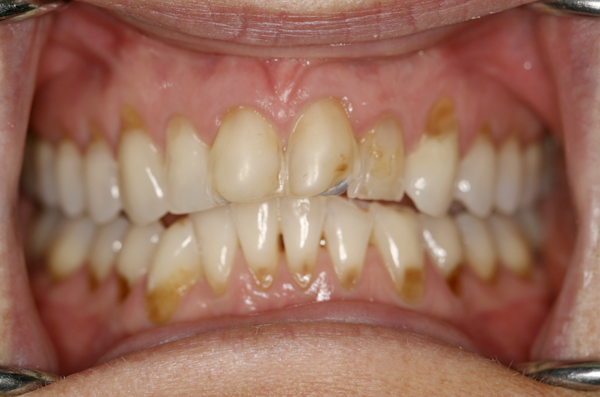Toothache might happen suddenly, disrupting our daily routines and forcing us to look for rapid relief through any means required. But what exactly is causing this discomfort?
To better understand how to avoid and treat toothaches, let’s examine some of the typical causes of toothaches.
Tooth decay

According to Healthline, tooth decay is one of the main reasons people have toothaches. When oral hygiene is neglected, bacteria in the mouth create a sticky film known as plaque.
Plaque causes cavities because it releases acids that dissolve tooth enamel. When the inner layers of a tooth are exposed due to cavities, the effect might be discomfort or even pain.
Gum disease

According to the Cleveland Clinic, gum disease is another common cause of toothache. Plaque buildup along the gum line leads to inflammation and bleeding, a condition known as gingivitis, the first stage of gum disease.
Without treatment, it can spread to the gums and bone that hold teeth in place, a condition known as periodontitis, according to Mayo Clinic.
Toothaches intensify and occur more frequently as bone loss and gum recession progress in the advanced stages of periodontitis.
Tooth fracture

When teeth break as a result of a mouth accident, the damage can range from a little crack to a complete root fracture.
Extreme discomfort may result from the exposed nerve of a broken tooth. It might be challenging to determine what is causing discomfort if it comes and goes on a regular basis.
Dental care is essential for avoiding further damage and relieving pain.
Dental abscess

Mayo Clinic notes that dental abscess is a pus-filled pocket caused by a bacterial infection. It can cause severe dental pain when it grows at the root of a tooth or in the gums.
Abscesses are frequently associated with additional symptoms such as edema, fever, and a poor taste in the mouth. In order to get rid of the infection, timely dental care is required.
Bruxism (teeth grinding)

Grinding your teeth can wear down your teeth and cause a lot of pain if it’s done on a regular basis.
Tooth pain, and even tooth fractures are all possible outcomes of too much force being applied to the teeth.
In order to treat bruxism, it is necessary to first determine what is triggering it, such as anxiety, stress, according to Hopkins Medicine; or crooked teeth, before resorting to preventative measures like mouth guards.
Dental erosion

According to WebMD, dental erosion can be caused by consuming acidic foods and drinks or by medical problems like acid reflux.
It is the result of slow enamel wear, which exposes the more vulnerable dentin layer of the tooth. This can lead to pain and discomfort in the teeth, especially when eating or drinking something hot, cold, or sugary.
Prevention and treatment

The best way to avoid toothaches is to keep up with your regular brushing, flossing, and dental checkups.
In addition to brushing and flossing regularly, a diet low in sugary foods and acidic beverages may help with tooth preservation.
You should visit the dentist if you have a toothache so that the problem can be properly diagnosed and treated.
Fillings, root canals, medications for infections, and tooth extractions are just some of the procedures that dentists may suggest. Keep in mind that the best way to avoid issues and achieve complete dental health is to take action immediately. Don’t put off going to the dentist; do it now so you can smile without pain.
Take home
In conclusion, there are many potential causes of toothache, including but not limited to: cavities, gum disease, dental abscesses, tooth fractures, dental erosion, bruxism, and impacted wisdom teeth.
You may avoid toothaches and keep your teeth and gums healthy by being aware of the most prevalent causes of dental problems, maintaining a regular routine of good oral hygiene, and seeing a dentist when necessary.


